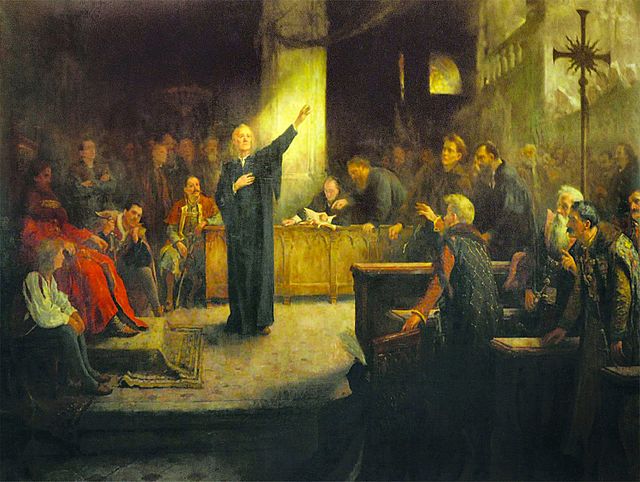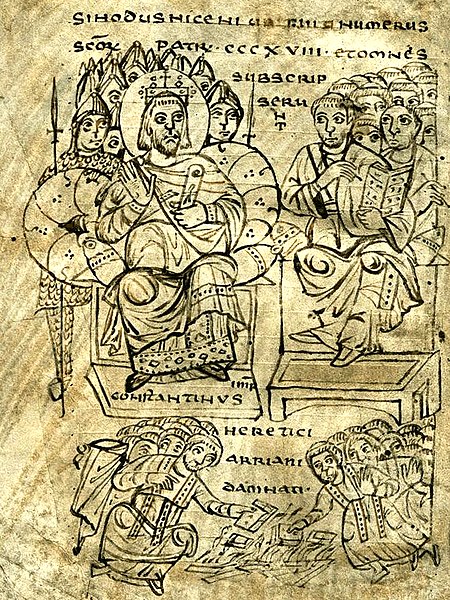William Ellery Channing was the foremost Unitarian preacher in the United States in the early nineteenth century and, along with Andrews Norton (1786–1853), one of Unitarianism's leading theologians. Channing was known for his articulate and impassioned sermons and public speeches, and as a prominent thinker in the liberal theology of the day. His religion and thought were among the chief influences on the New England Transcendentalists although he never countenanced their views, which he saw as extreme. His espousal of the developing philosophy and theology of Unitarianism was displayed especially in his "Baltimore Sermon" of May 5, 1819, given at the ordination of the theologian and educator Jared Sparks (1789–1866) as the first minister of the newly organized First Independent Church of Baltimore.
William Ellery Channing
Reverend William Ellery Channing by Gilbert Charles Stuart, c. 1815. Oil on canvas. Housed at De Young Museum.
Statue in Touro Park
Statue in Boston Public Garden
Unitarianism is a nontrinitarian branch of Christianity. Unitarian Christians affirm the unitary nature of God as the singular and unique creator of the universe, believe that Jesus Christ was inspired by God in his moral teachings and that he is the savior of humankind, but he is not equal to God himself.
Ferenc Dávid holding his speech at the Diet of Torda (1568), in the Kingdom of Hungary (today Turda, Romania). Painting by Aladár Körösfői-Kriesch (1896).
"God is One" (Egy az Isten) stained glass window in a Unitarian church in Budapest, Hungary.
Fausto Sozzini was an Italian theologian who helped define Unitarianism and also served the Polish Brethren church.
Constantine I burning Arian books, illustration from a book of canon law, c. 825.








